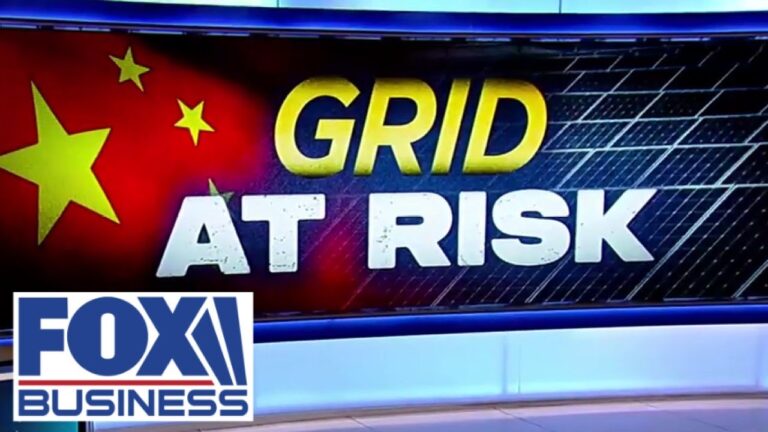Video at the bottom!
In a landmark legal case, the daughter of Julianna Lyons, who tragically died of heat-related complications in Washington during a heatwave in 2021, is suing major oil companies for wrongful death. The lawsuit claims these companies, including Shell, Chevron, and Exxon Mobil, are responsible for altering the climate through their fossil fuel products, which allegedly contributed to the extreme temperatures that led to her mother’s death. Authorities found Lyons with a body temperature of 110 degrees, amid record highs in the state.
As the lawsuit sets a precedent, experts warn that a ruling against the oil companies could open the floodgates for similar climate-driven litigations in the future. Critics argue, however, that the lawsuit is part of a broader climate agenda that seeks to push for renewable energy solutions, like solar panels. Reports have emerged about potential vulnerabilities in American solar farms, claiming that components, particularly those made by Chinese manufacturers, may contain hidden “kill switches” that could disrupt the U.S. power grid.
FCC Commissioner Nathan addressed concerns about the influence of foreign technology on domestic energy systems, particularly with the prevalence of Chinese-made solar inverters. He explained that these devices could be compromised through undocumented cellular modules that can send and receive commands, potentially causing grid malfunctions.
In a government oversight capacity, the FCC faces challenges in monitoring and protecting against foreign infiltration of energy technologies, emphasizing the need for a unified approach across various government sectors. The discussion also raised questions about the efficacy of past regulatory measures aimed at preventing such risks, underscoring the delicate balance between energy advancement and national security.


